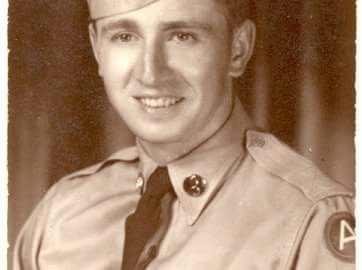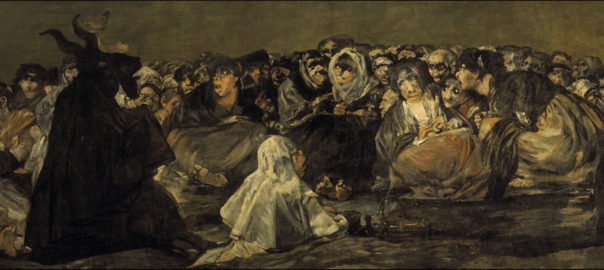Yesterday, along with cousins and friends, I struggled through rain and mud to serve as a pall bearer for my uncle, Fred Hudson. The husband for 64 years of my Aunt Inez, my father’s oldest sibling, he was actually my uncle by marriage, of course, but you would never have known that; he treated all of us—my brothers, my cousins, and me— like his children. I grew up in Uncle Fred’s shadow. For the first twenty years or so of my life, I could see his house from my own, and he was as much a part of my life as breathing. When my brothers and I were old enough to occasionally stay at home alone, one of our parents’ backup emergency instructions was always, “Call Uncle Fred.” I don’t think we ever did, but we knew from a lifetime of experience that he was the kind of man who could fix problems and make things happen.

